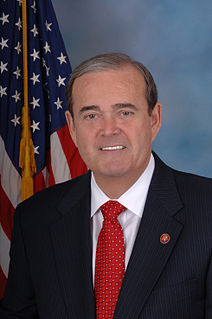A Quote by Peter Diamandis
In 2000, just before the first dot-com bubble burst, it cost a whopping $5 million to launch a tech startup.
Related Quotes
The enthusiasm for Tesla and other bubble-basket stocks is reminiscent of the March 2000 dot-com bubble. As was the case then, the bulls rejected conventional valuation methods for a handful of stocks that seemingly could only go up. While we don't know exactly when the bubble will pop, it eventually will.
We've had one of these before, when the dot-com bubble burst. What I told our company was that we were just going to invest our way through the downturn, that we weren't going to lay off people, that we'd taken a tremendous amount of effort to get them into Apple in the first place; the last thing we were going to do is lay them off.
The expense of getting into space is the rocket launch, the rocket itself. Rocket's right now, commercial rockets cost probably somewhere between $50, or $120, or $150 million per launch. And those are all expendable. That is, you've got to buy a new rocket for each launch. So, that really is the critical part. If there was some kind of really, a revolutionary breakthrough and the price of rockets fell by an order of magnitude, I mean, just imagine what that would do as far as getting access to more ordinary people.
In A Glass of Cider It seemed I was a mite of sediment That waited for the bottom to ferment So I could catch a bubble in ascent. I rode up on one till the bubble burst, And when that left me to sink back reversed I was no worse off than I was at first. I'd catch another bubble if I waited. The thing was to get now and then elated.
It was 1999, and we were building a way for college kids to create online profiles for the purpose of sharing... with employers. Oops. I vividly remember the moment I realized my company was going to fail. My co-founder and I were at our wits' end. By 2001, the dot-com bubble had burst, and we had spent all our money.































